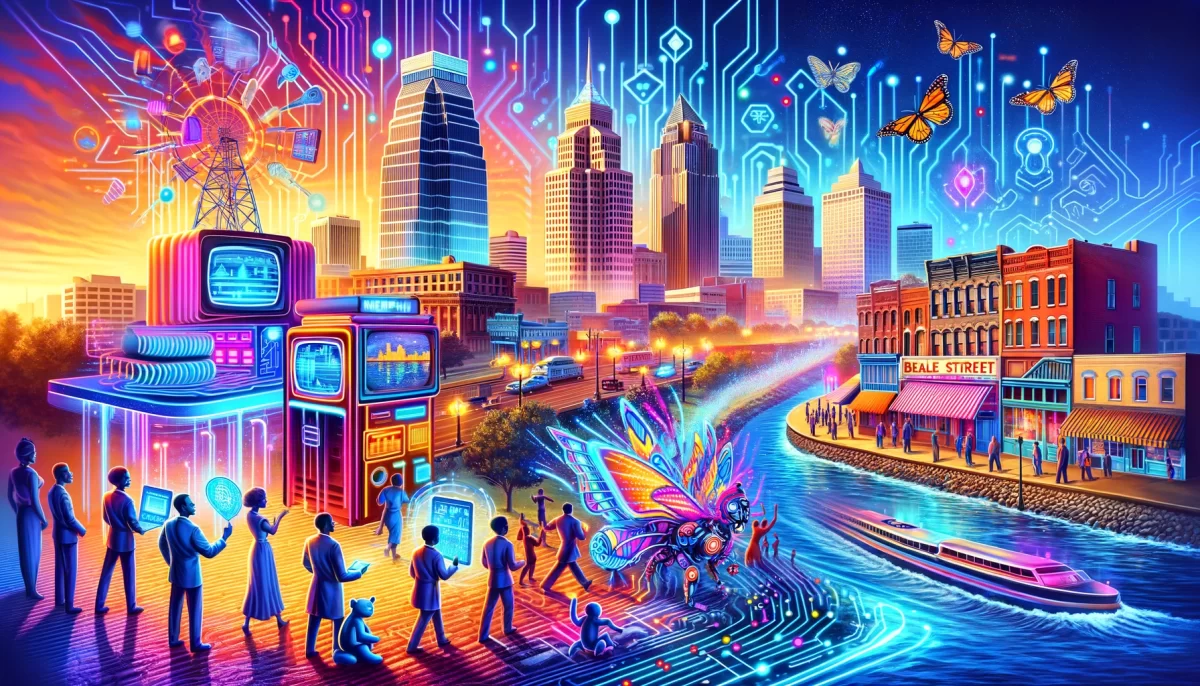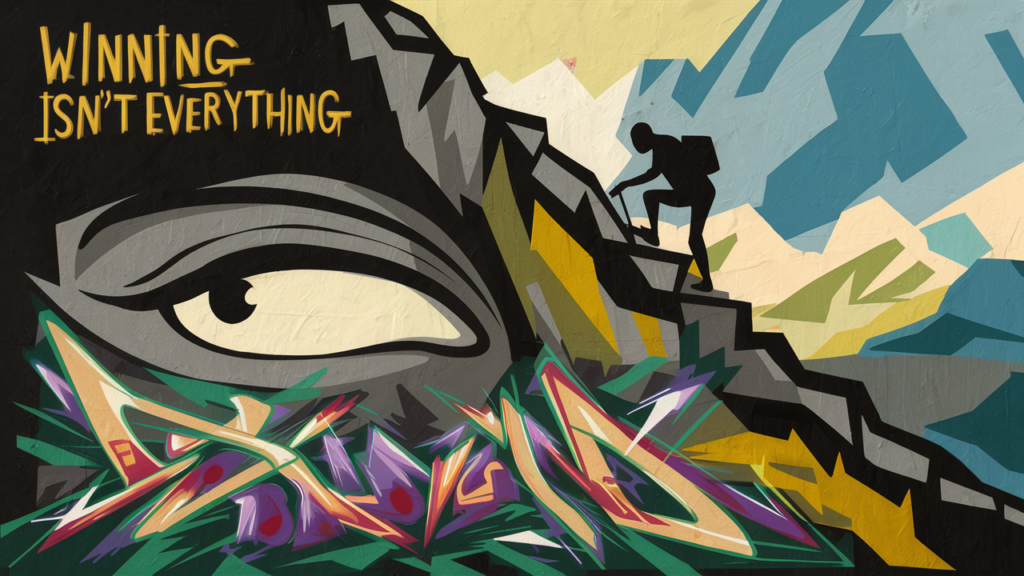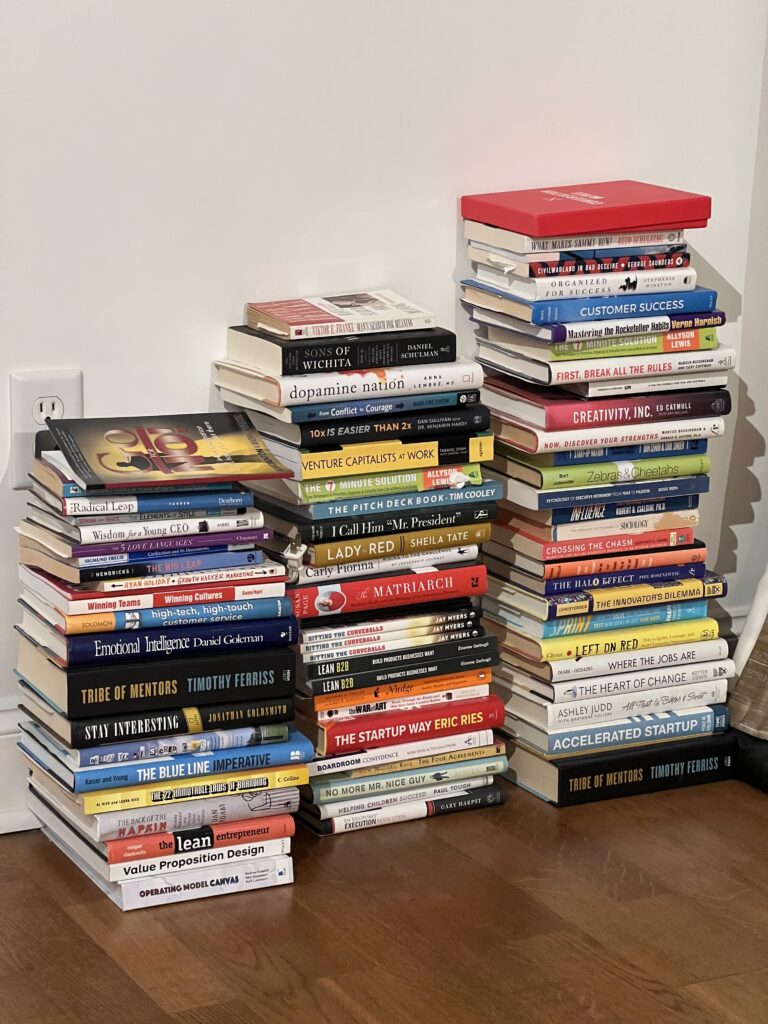What Is the Isolation Tax? Isolation isn’t just a social issue—it’s a career and business killer. Think of the biggest breaks and insights that impacted your life. How many came out of the blue or by chance? A shot in the dark? Probably not many. They came from meaningful connections, deep conversations, and people that challenged your thinking.

The problem is we are getting more and more isolated as a society. What’s worse for business leaders is there are fewer and fewer people with whom you can have real, trusting conversations who aren’t also vested in the outcomes. As a result, you become more isolated the higher you go and the more successful you get.
Yet you can’t leave your personal and professional growth to chance and face the isolation tax alone.
What Is the Isolation Tax and How Does It Manifest as a Cost?
- Missed Opportunities – Without a strong network and trusted thought partners, business leaders miss out on deals, collaborations, and career-defining moments.
- Slower Decision-Making – Lacking diverse, objective perspectives can lead to hesitation, second-guessing, and costly mistakes.
- Stagnation – Without outside challenges, leaders risk reinforcing their own blind spots, making it harder to grow and innovate.
- Emotional and Mental Strain – Leadership can be lonely, and without trusted advisors, the stress can lead to burnout and poor decision-making.
- Aid for the Extrovert – Many leaders are extroverted thinkers and literally need to think outloud, but the walls don’t talk back. You need someone you can trust to help you speed up your think by being present.
The “Isolation Tax” in Action
- The Business Owner – Running a company can be an echo chamber. Without external advisors, you may struggle to see inefficiencies or new market opportunities.
- The CEO/Executive – The higher you climb, the fewer people will tell you the truth. A thought partner ensures you hear what you need to hear, not just what others think you want to hear.
- The Entrepreneur – Investors and employees have vested interests. A coach or mentor helps you navigate critical decisions without bias.
- The Professional in Transition – Making a career pivot without external insights can lead to missteps. A mentor, coach, or thought partner accelerates the process and reduces risk.
How You Can Reverse the Isolation Tax
- Engage a Thought Partner or Advisor – A trusted external perspective brings fresh insights, constructive challenges, and strategic thinking.
- Build a Personal Advisory Board – Surround yourself with experienced mentors, peers, and experts who provide objective guidance.
- Invest in Personal and Professional Coaching – A coach helps you break out of isolation, sharpen your vision, and accelerate your success.
The Smartest Investment You Can Make
For those experiencing the isolation tax—especially in matters that intersect both personal and professional growth—coaching isn’t an expense; it’s a capital investment in yourself. The most expensive thing you’ll ever pay for is isolation. The best way to avoid it is by getting a coach.
Get connected to get ahead.
Ready to break free from the isolation tax? Let’s start the conversation.
Grab a free coaching session with me here.




